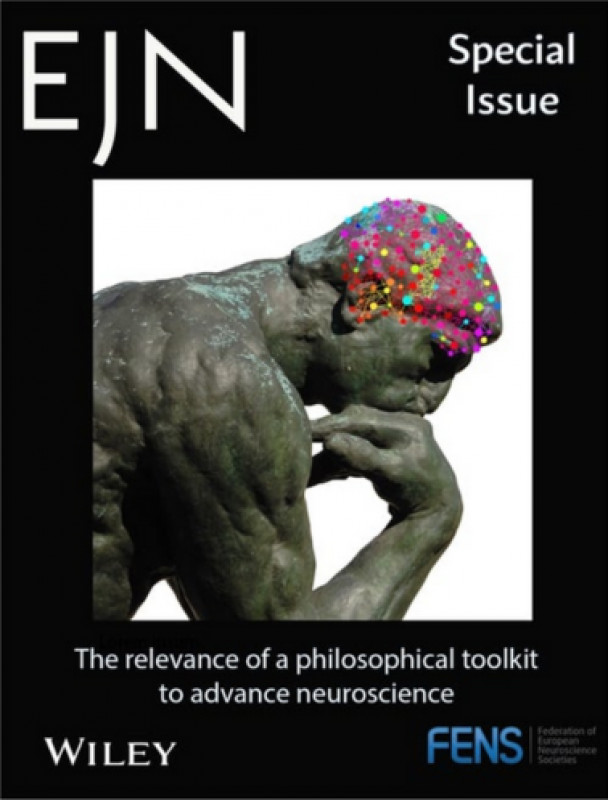News Details

In a recent review article for a special issue of the European Journal of Neuroscience, Isabella Sarto-Jackson (KLI Executive Manager & Group Leader Evolution of Cognition) highlights how philosophical thinking has shaped current discourses in evolutionary biology, especially the concepts of genes and traits – moving on from the erstwhile dominant idea of genes directly determining traits, we now understand how genes guide the development of traits through processes that are plastic, and are sensitive to both the environment as well as time.
Isabella advocates that a similar conceptual analysis in neuroscience using philosophical questions could bring new insights on how genes, environment, and time interact in shaping the human mind. Using an interactionist framework, Isabella discusses the concept of heterochrony – ‘the temporal change of developmental events during evolution’ – in relation to the expansion of the neocortex in humans. The prolonged postnatal brain development in humans implies extended period of neuroplasticity, the ability of the brain ability to reorganize itself. This is a sensitive period of development, when the brain is most malleable, and therefore also most at risk. While this extended neuroplasticity has helped humans adapt to complex and varying environments, it also makes us vulnerable to neurodevelopmental aberrations such as schizophrenia, a disease which is characterized by prolonged neuroplasticity due to disrupted balance between brain excitation and inhibition, and excessive pruning of neural connections. These, combined with delayed brain maturation, could contribute to the onset and progression of this disease.
By reframing the nature of traits and brain development through an interactionist, time-sensitive lens, Isabella challenges the traditional "gene-for-trait" model, and proposes that a deeper understanding of developmental timing across life stages, informed by philosophical inquiry, could lead to more effective approaches in diagnosing and treating psychopathologies.

